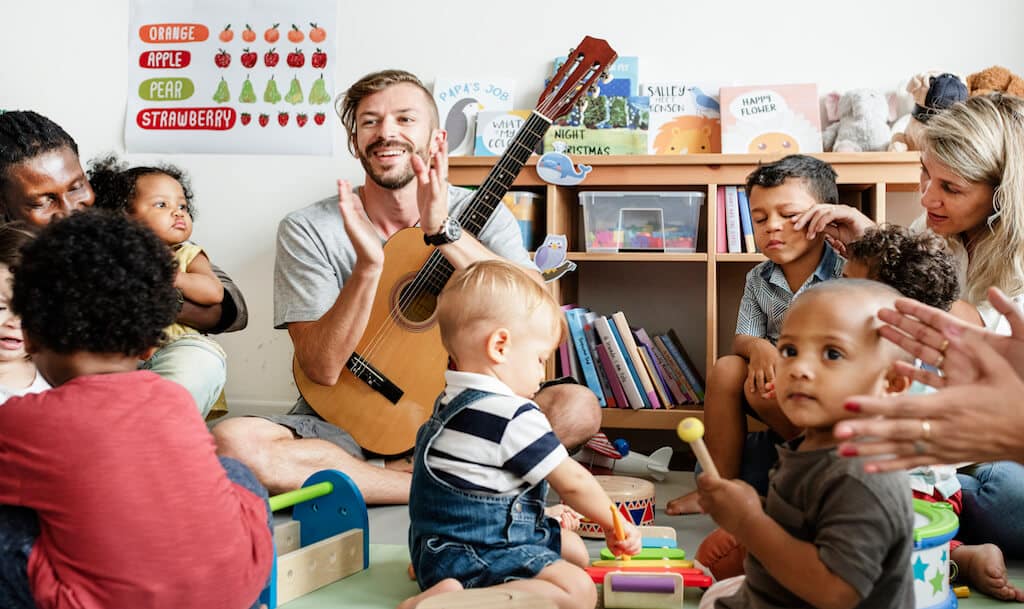The Best kindergarten in Malaysia to Get Your Child Started on Their Educational Journey

It can’t be far from natural science because we frequently hear that children’s brains are like sponges, which absorb everything they go through and take in everything that happens around them. Wouldn’t it be great if we could provide them with all the physical, emotional, social, and cerebral knowledge they would require to be […]
